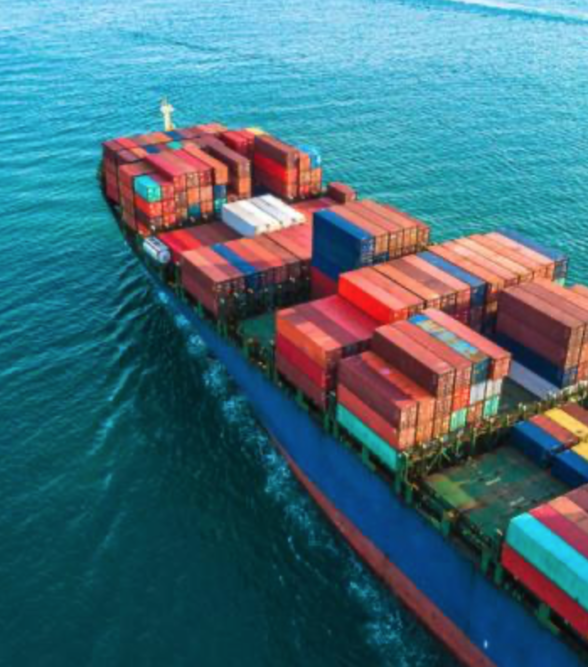Retail trade groups urge White House to guide west coast port contract negotiation
As June 30 deadline looms, uncertainty is already disrupting freight strategies and operations on the ground, RILA says.

Trade groups representing U.S. shippers and retailers are growing increasingly nervous about potential disruption at the nation’s sea ports this summer as dock workers prepare to renegotiate their labor contract with port operators, according to a release from the Retail Industry Leaders Association (RILA).
The clock is already ticking down to a potential hiccup in container trade as the International Longshore and Warehouse Union (ILWU) prepares to begin contract negotiations with the Pacific Maritime Association (PMA) before the current contract expires on June 30, now just 16 weeks away.
Both sides are still smarting from the prolonged legal battle that followed the 2014 contract renewal debate, when dockworkers worked for months without a contract before resorting to work slowdowns that hobbled marine terminal productivity for weeks.
If that history repeats itself, new kinks in container import and export flows would strike at a time when the U.S. and global economies are still struggling to recover from supply chain backups triggered by the covid pandemic, leading to congested ports and dozens of container ships lying at anchor off both the U.S. west and east coasts.
In an effort to avoid aggravating that scenario, RILA today sent a letter to the White House urging the Biden Administration for “early and persistent” engagement in the impending contract negotiations. “Pandemic-related disruptions in the nation’s supply chain have been costly and inconvenient,” RILA President Brian Dodge said in a release. “Allowing a work slowdown or a shutdown to impact operations would amount to a self-inflicted wound, compounding congestion and leading to even higher costs on everyday products for consumers.”
A repeat of the port crisis would come at a time when global economic anxiety is already on the rise due to Russia’s invasion of Ukraine and to mounting challenges to America’s stressed supply chain, such as price inflation and labor shortages. “Previous labor disputes at the ports cost the U.S. economy upwards of $1 to $2 billion per day,” Steve Lamar, president and CEO of the American Apparel & Footwear Association (AAFA) said in the RILA letter. “To say the stakes are even higher today is an extreme understatement, as even a short slowdown or shutdown will disrupt already fragile supply chains and compound inflationary pressure.”
The RILA letter follows a similar notice from the National Retail Federation (NRF), which on Feb. 24 encouraged the ILWU and PMA to begin contract negotiations well before the contract expiration date.
“NRF’s members are continuing to adjust to the ongoing supply chain disruptions,” NRF President and CEO Matthew Shay said in a letter to ILWU and PMA leaders. “Any kind of additional disruptions at the ports would add further costly delays to our members’ supply chains and likely add to inflation concerns and further threaten the economic recovery. Many members are already looking to put in place mitigation strategies to address additional disruptions related to the contract negotiations.”
The #WestCoastPorts account for >44% of nationwide container port traffic. With PMA & ILWU contract negotiations yet to formally begin, uncertainty is already disrupting freight strategies & operations on the ground. 49 groups are urging the WH to engage: https://t.co/TxztAGTI0a
— RILA (@RILAtweets) March 1, 2022
Related Articles

Copyright ©2024. All Rights ReservedDesign, CMS, Hosting & Web Development :: ePublishing